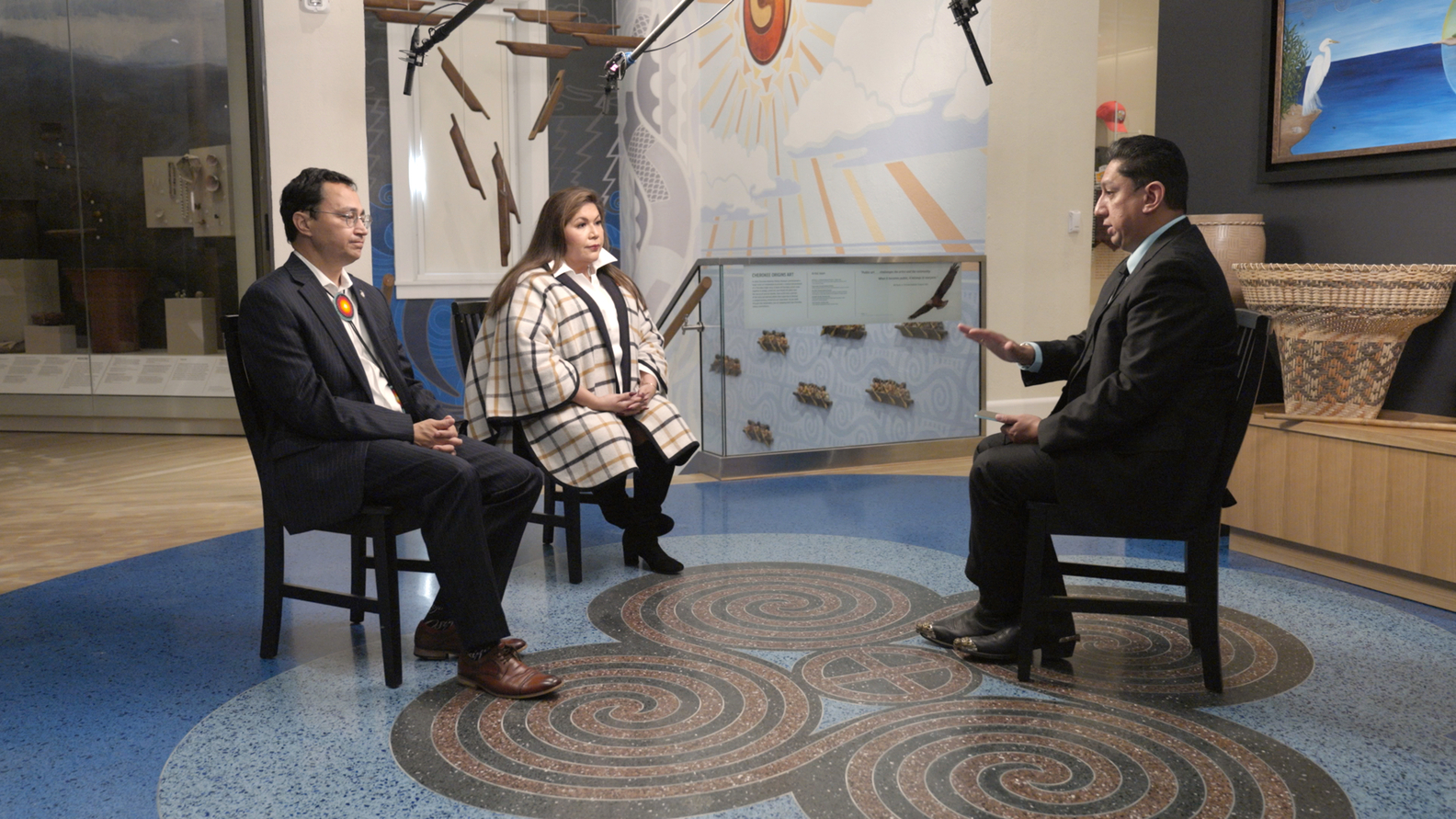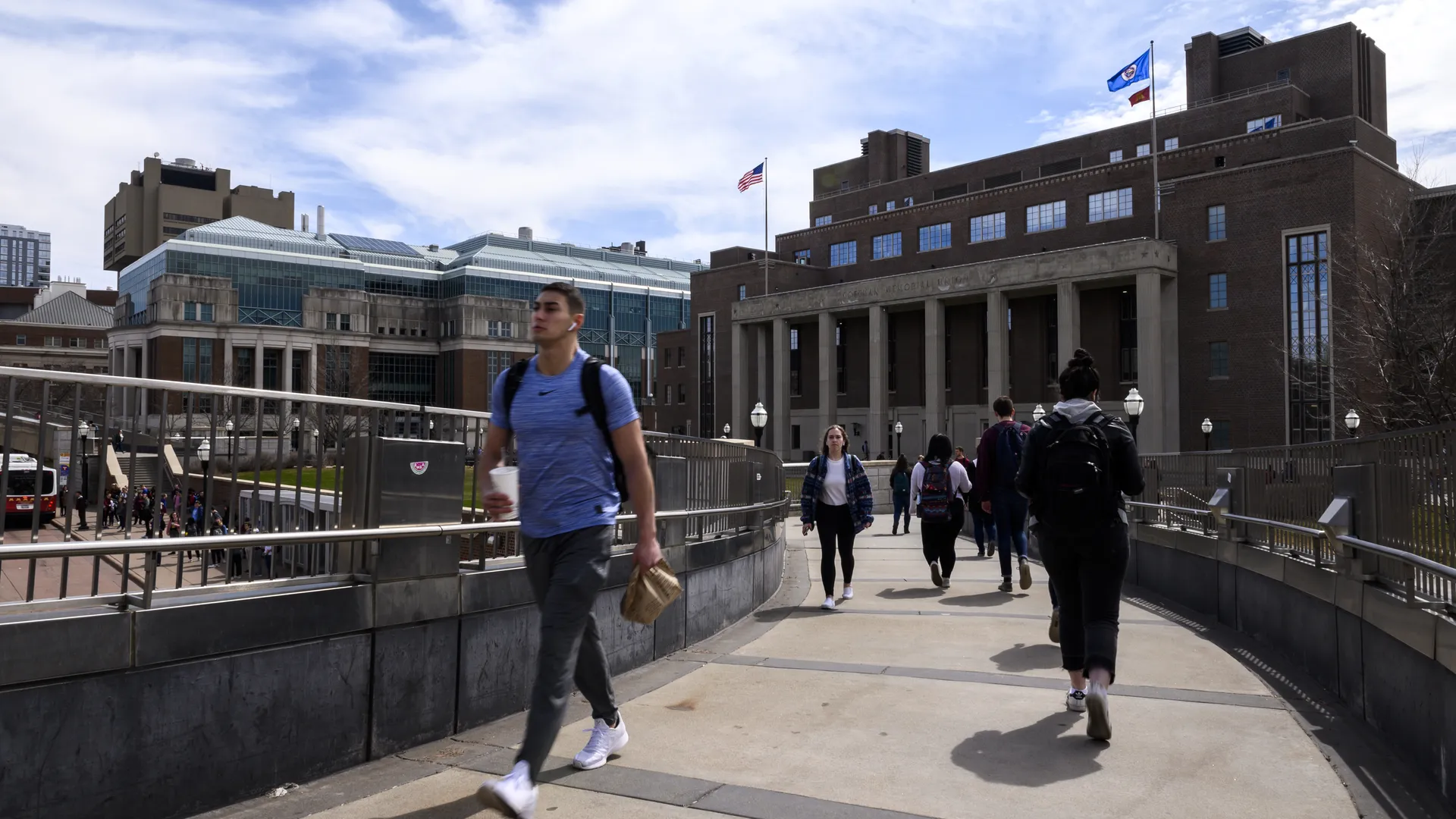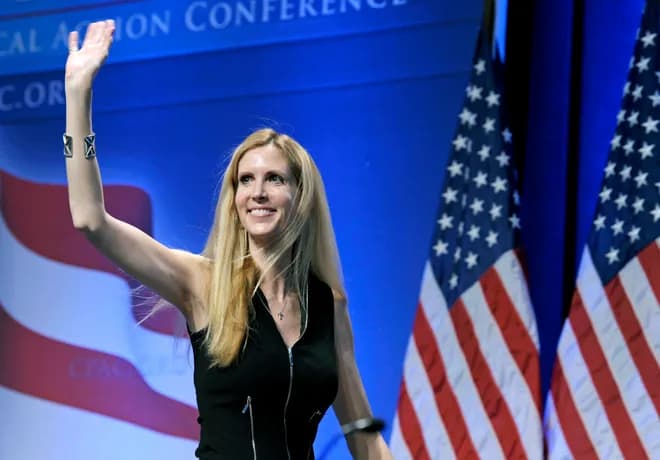Hateful Comments Reflect Deep-Rooted Racism
Ann Coulter has once again showcased her capacity for inciting hatred and violence, this time with a shocking statement regarding Native Americans. After sharing a video of Melanie Yazzie, a professor from the University of Minnesota and a member of the Navajo Nation, discussing decolonization and climate change, Coulter"s retort, "We didn’t kill enough Indians," has triggered a wave of condemnation from tribal leaders and advocates alike. This rhetoric is not merely offensive; it is a dangerous echo of a long history of violence against Indigenous peoples in the United States.
Indigenous Leaders Demand Accountability
Following the release of Coulter"s comment, Cherokee Nation Principal Chief Chuck Hoskin Jr. articulated the broader implications of such inflammatory language. "Coulter’s statement, on its face, is a despicable rhetorical shot trained on the First Peoples of this continent," he stated, emphasizing that such rhetoric serves to dehumanize Native Americans and perpetuates a cycle of violence and oppression. This sentiment is echoed by Tasha Mousseau, Vice President of the Wichita and Affiliated Tribes, who argued that Coulter epitomizes the colonizers" dream, a representative of a mindset that seeks to erase the rich cultures and histories of Indigenous peoples.

Cherokee Nation Principal Chief Chuck Hoskin, Jr., Cherokee ...
Historical Context of Violence and Oppression
Rhetoric like Coulter"s is not an isolated incident but part of a larger pattern that has historically fueled violence against Native Americans. As reported by the National Congress of American Indians, her statement is a direct incitement of hatred and violence against American Indian and Alaska Native people. The implications of her words are profound, as they resonate with the historical trauma of genocide and cultural erasure that Indigenous communities have faced since European colonization. The echoes of these sentiments manifest in real harm, affecting everything from treaty rights to cultural survival.
The Responsibility to Speak Out
Hoskin"s call to action is urgent and necessary. Silence in the face of such hatred risks normalizing it, turning what should be an abomination into mere background noise. "We can get used to the frequent attacks and watch silently as this group and that group is dehumanized," he warned. The duty to challenge such rhetoric falls not just on Indigenous peoples but on all who value justice and equality. As a society, we must reject the normalization of hate and stand in solidarity with those targeted by such vitriol.

University of Minnesota: 10 things to do near campus - Axios ...
Consequences of Inaction
Failure to confront figures like Coulter allows the cycle of violence to perpetuate. The language of hate can incite real-world violence, as seen in numerous instances where hateful rhetoric has escalated into physical attacks. The political climate in the United States, already rife with division, can become even more perilous when prominent figures propagate dehumanizing narratives against marginalized communities. The risk of violence is not hypothetical; it is a tangible threat that Indigenous communities have faced for generations.

![[Video] Anti-ICE Protester Pepper Sprayed as CBP Agents Disperse Crowd in Minneapolis](/_next/image?url=%2Fapi%2Fimage%2Fthumbnails%2Fthumbnail-1768260677127-y71sb7-thumbnail.jpg&w=3840&q=75)

![[Video] Several injured as U-Haul truck drives through Iranian protestors in Los Angeles](/_next/image?url=%2Fapi%2Fimage%2Fthumbnails%2Fthumbnail-1768176682028-q95y6j-thumbnail.jpg&w=3840&q=75)
![[Video] Scuffle breaks out between Trump supporters and Anti-ICE protesters in Times Square](/_next/image?url=%2Fapi%2Fimage%2Fthumbnails%2Fthumbnail-1768165958203-hgcgb-thumbnail.jpg&w=3840&q=75)


![[Video] Gunfire between Iraqi security forces and Sadr militias in Baghdad](/_next/image?url=%2Fapi%2Fimage%2Fthumbnails%2Fthumbnail-1768343508874-4redb-thumbnail.jpg&w=3840&q=75)
